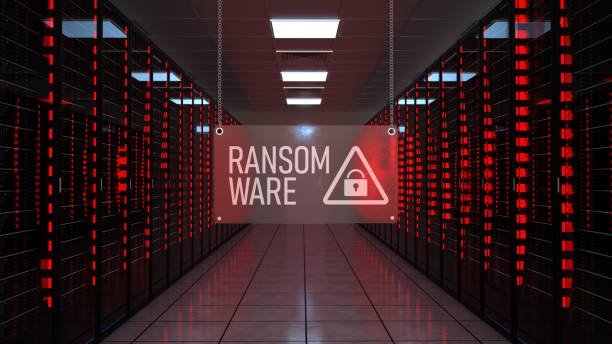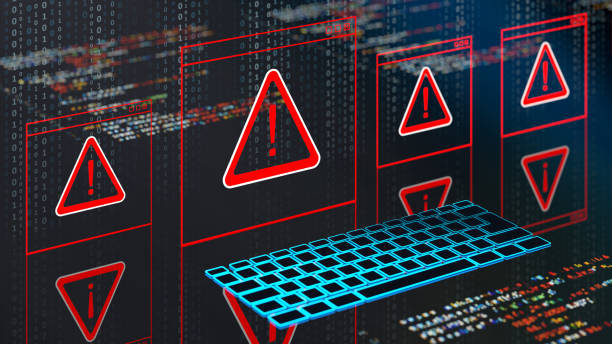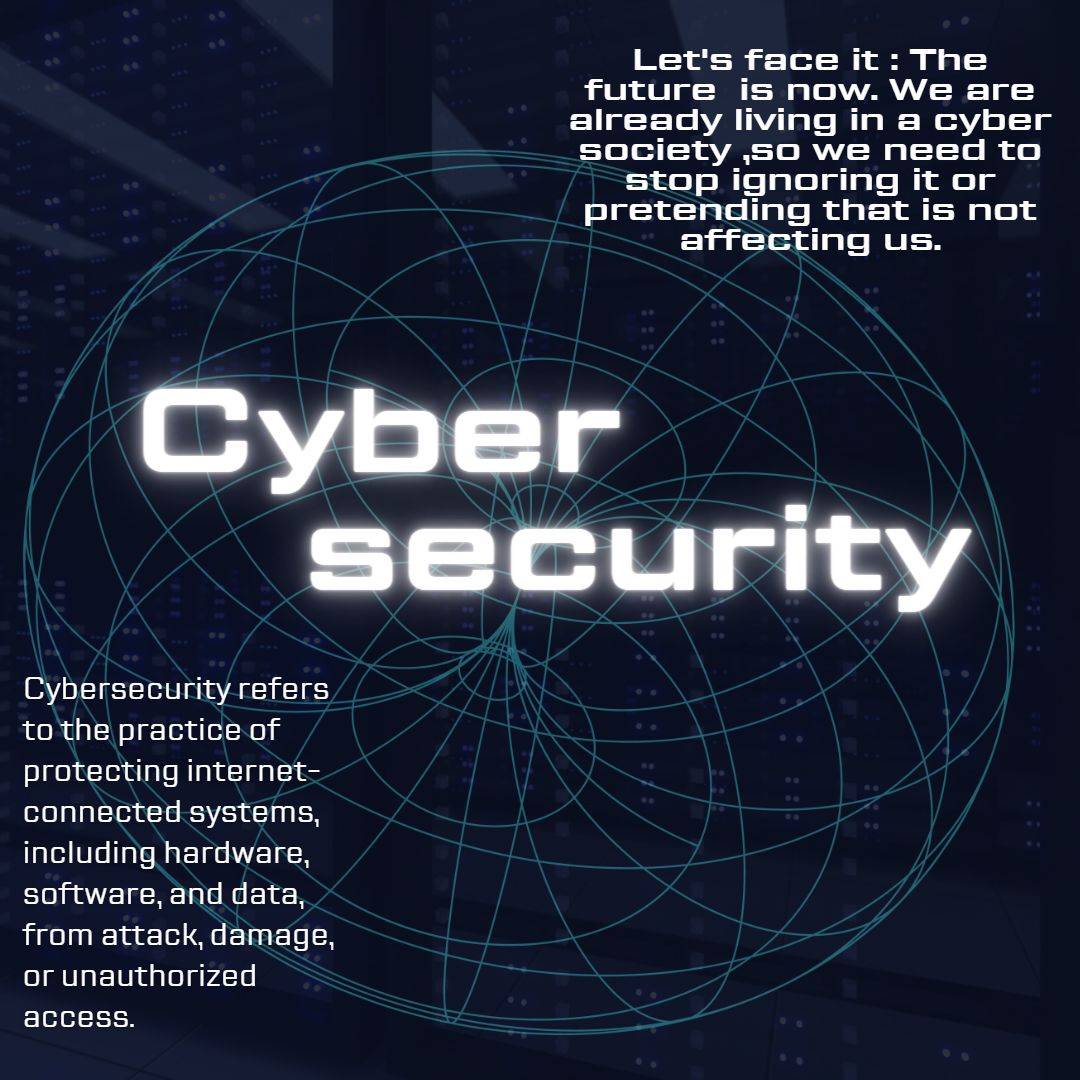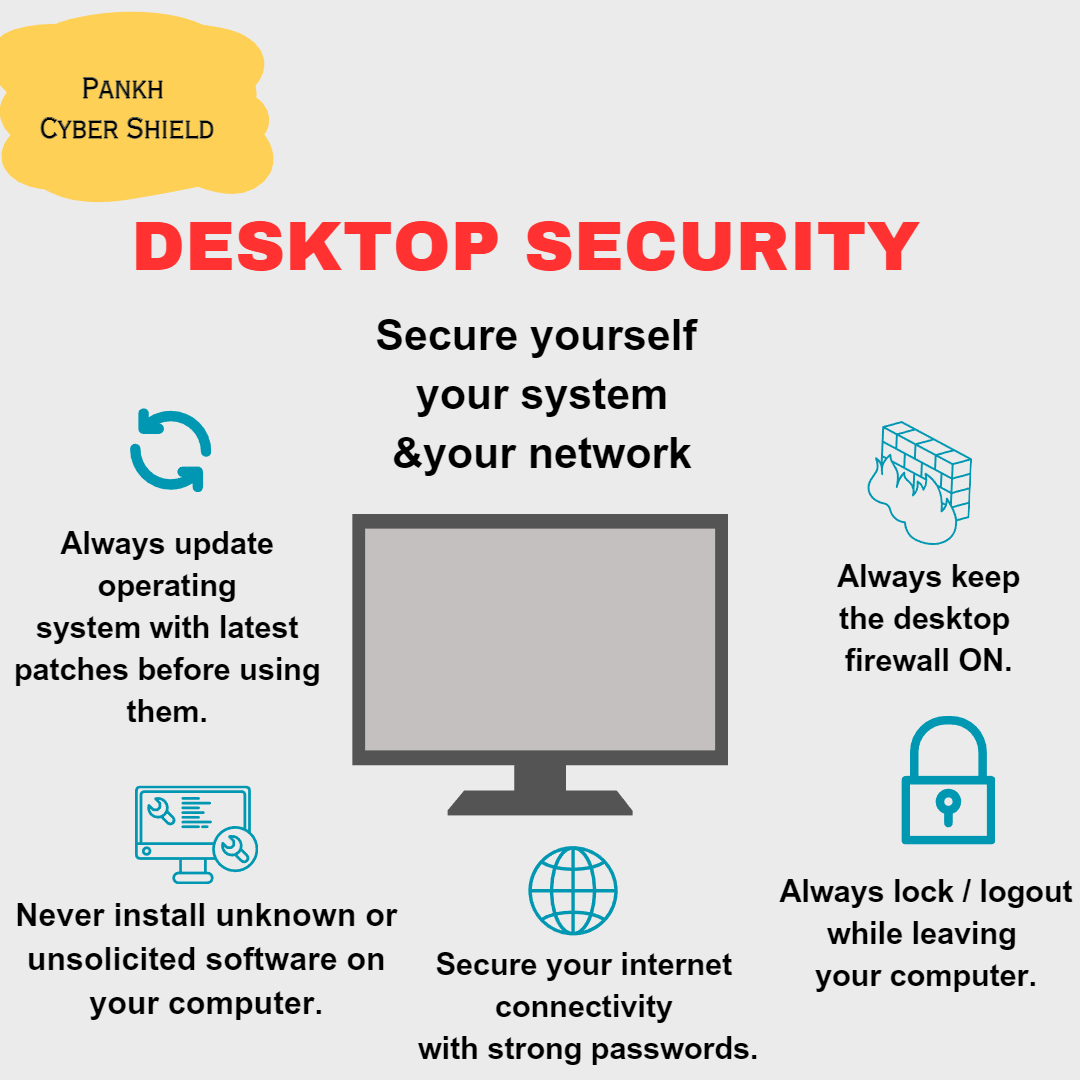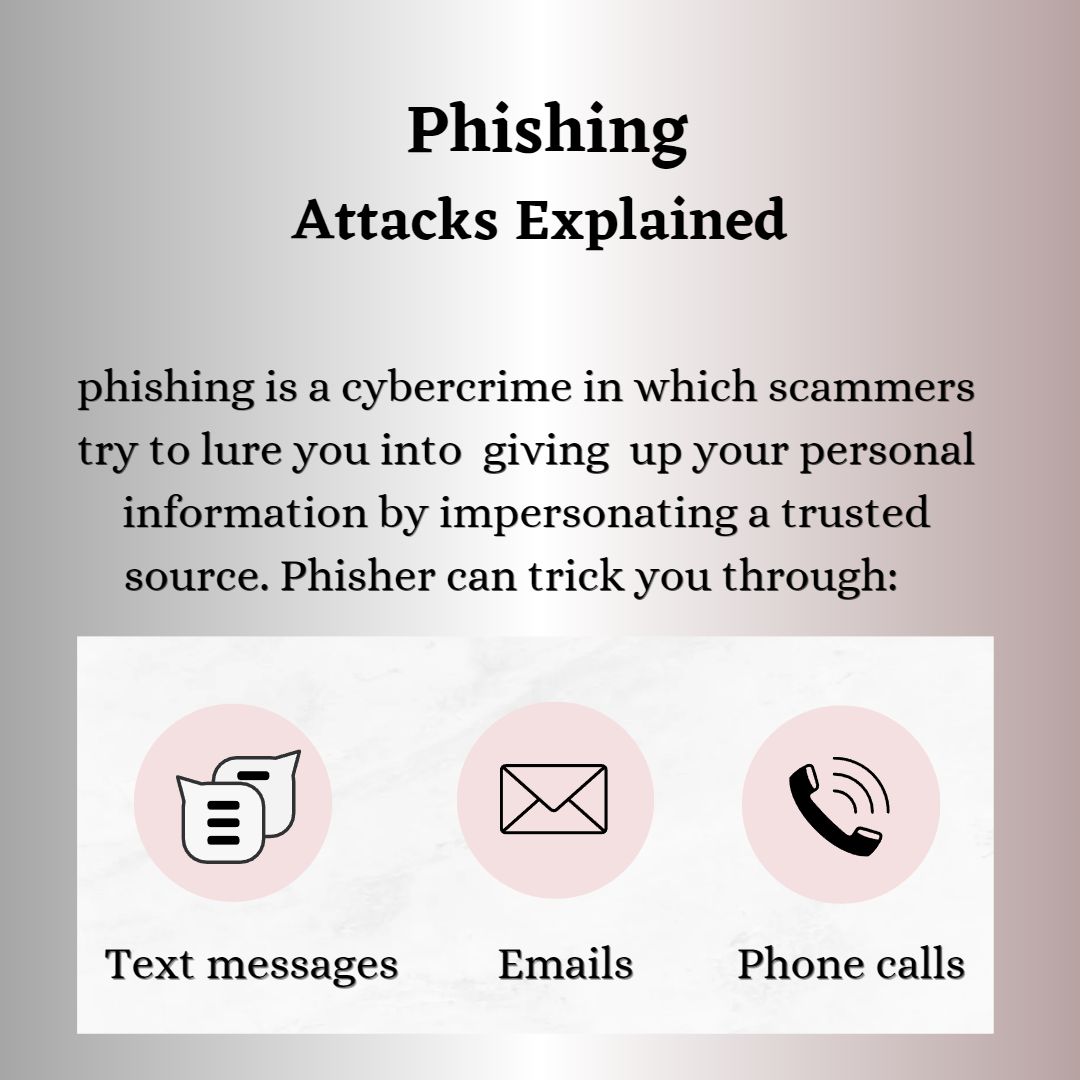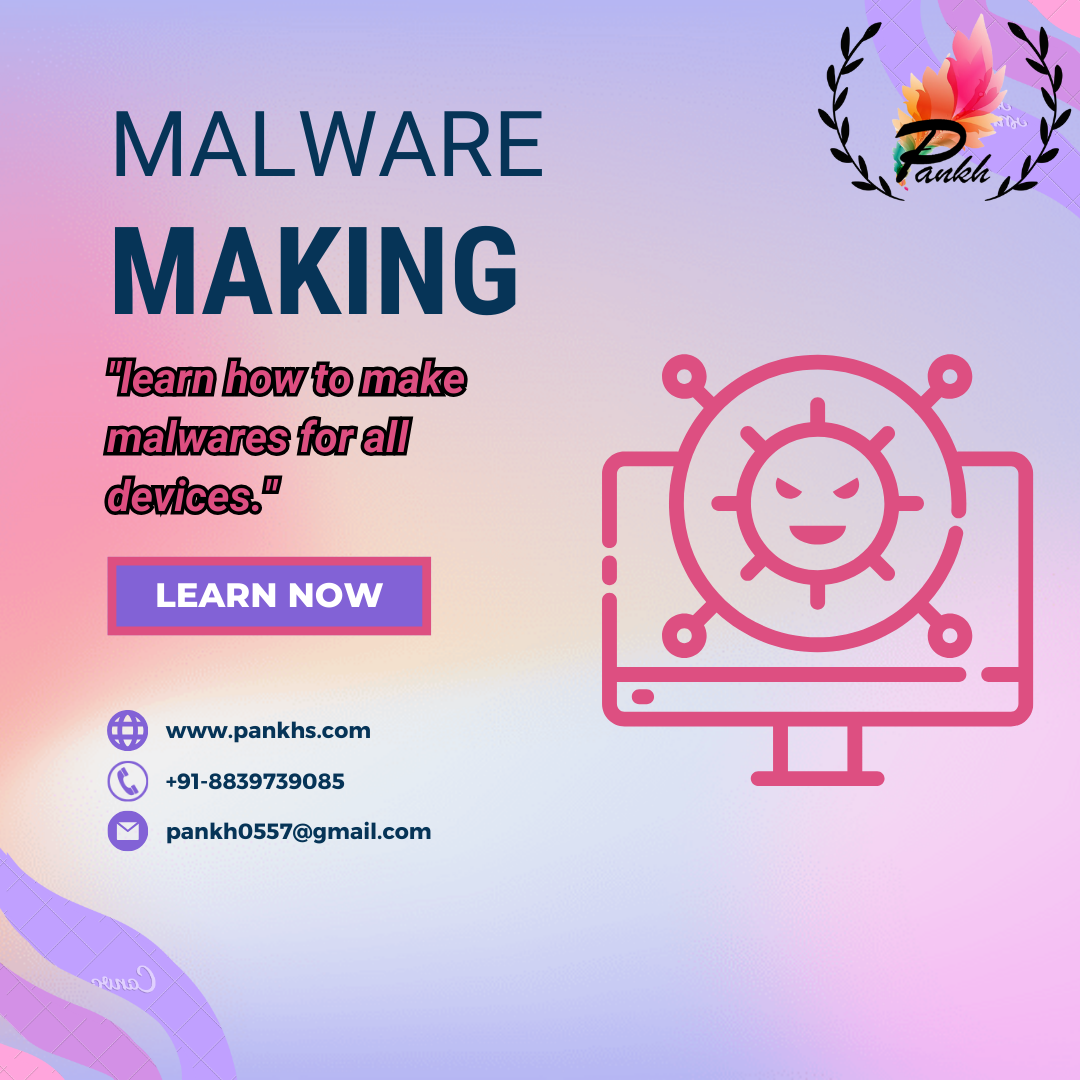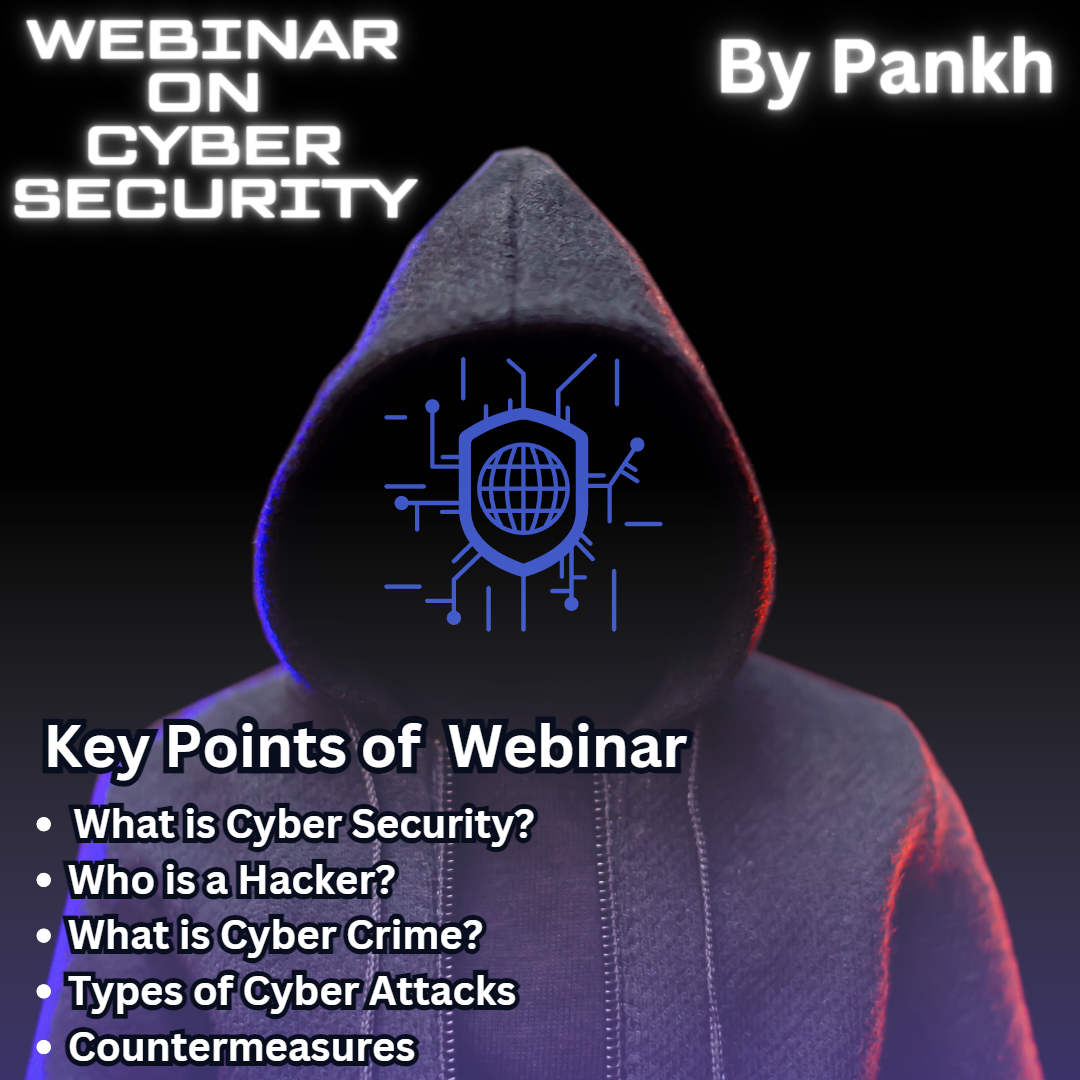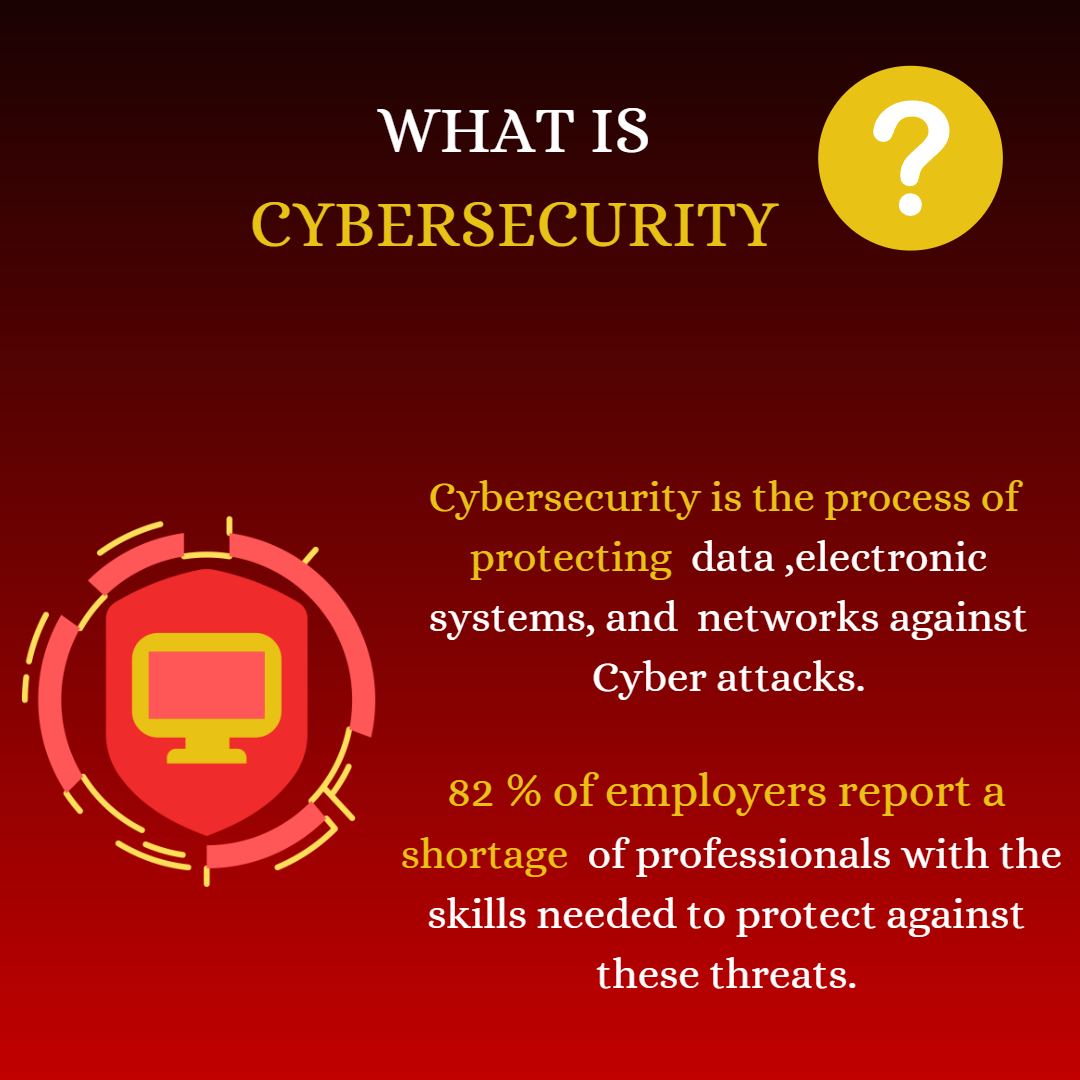Ethical Hacking
Ethical hacking, also known as “white-hat hacking,” is the practice of intentionally probing systems and networks for vulnerabilities in order to improve their security. Unlike malicious hackers, ethical hackers have permission from the system owner to carry out these tests, making it a legal and constructive activity aimed at enhancing cybersecurity. Their role is to identify security flaws and suggest remedies before those flaws can be exploited by cybercriminals. This proactive approach helps to safeguard sensitive information, protect financial assets, and maintain the integrity of critical systems.
In ethical hacking, the primary focus is on understanding how malicious hackers operate. Ethical hackers use the same tools and techniques as black-hat hackers, but with the intention of preventing attacks rather than carrying them out. They conduct penetration testing, simulate cyberattacks, and assess the security of web applications, networks, and devices. By doing so, they help organizations strengthen their defenses and prevent potential breaches that could lead to data loss or damage to their reputation.
One key aspect of ethical hacking is its emphasis on maintaining legal and ethical standards. Ethical hackers must obtain explicit permission from the organization before conducting any tests. They are also required to respect the confidentiality of the data they access during their assessments. Their goal is to report vulnerabilities responsibly without causing harm or disruption to the systems being tested, ensuring that cybersecurity improvements can be made without compromising the organization’s operations.
Role of an Ethical Hacker
Identify Vulnerabilities
An ethical hacker’s main responsibility is to identify weaknesses in an organization’s systems, networks, and applications. This helps companies understand where they are vulnerable and take preventive action before malicious hackers exploit those gaps.Perform Penetration Testing
Ethical hackers conduct penetration tests to simulate real-world cyberattacks. These tests help organizations understand how an attacker might infiltrate their systems and how to defend against such threats.Analyze and Assess Security Risks
By analyzing an organization’s IT infrastructure, ethical hackers assess the level of risk involved. They evaluate the potential impact of vulnerabilities and provide a comprehensive report on the security posture of the company.Recommend Security Measures
Once vulnerabilities are identified, ethical hackers suggest effective countermeasures and security protocols. These can include updating software, applying security patches, or reconfiguring network firewalls to close gaps and improve defense.Protect Sensitive Data
Ethical hackers play a critical role in protecting sensitive information such as personal data, financial records, and proprietary business information. Their efforts help to prevent unauthorized access, theft, and data breaches.Ensure Compliance with Regulations
Many industries, such as finance and healthcare, are subject to strict cybersecurity regulations. Ethical hackers help organizations ensure compliance with these laws by identifying any areas where security standards are not being met.Educate Staff on Cybersecurity Practices
Ethical hackers often educate employees on safe cyber practices and how to recognize potential threats. By raising awareness and improving security culture, they contribute to reducing the likelihood of human error leading to security breaches.Continuous Monitoring and Improvement
Ethical hackers help organizations establish systems for continuous security monitoring. This enables businesses to stay ahead of emerging threats and ensure that security measures evolve as technology and attack methods change.
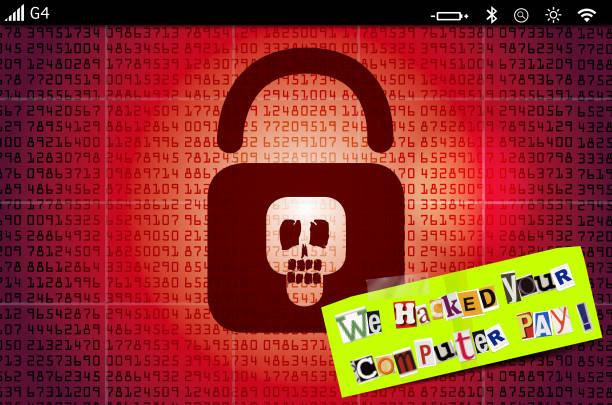
Ethical hacking has become a vital component of modern cybersecurity practices. With the growing number of cyberattacks and the increasing complexity of IT infrastructures, organizations are more vulnerable than ever. Ethical hackers act as a defense line, identifying risks before malicious actors can exploit them. As a result, ethical hacking is not just about protecting data; it’s also about building trust with customers and partners by demonstrating a commitment to maintaining a secure environment.
Key Ethical Hacking Techniques
Ethical hacking involves various techniques to assess the security of systems and networks. These methods allow ethical hackers to uncover vulnerabilities and provide actionable insights to organizations, ensuring they are protected against cyber threats. Below are some of the key techniques used in ethical hacking.
1. Penetration Testing
One of the most widely used techniques in ethical hacking is penetration testing (or pentesting). This involves simulating a cyberattack on a system, network, or application to find weaknesses that malicious hackers might exploit. Pentesters use both manual and automated tools to test different attack vectors, such as exploiting software vulnerabilities, bypassing firewalls, or gaining unauthorized access to sensitive data. Penetration testing can be performed externally, to simulate attacks from the internet, or internally, to assess insider threats.
If you’re interested in learning more about penetration testing, our organization offers comprehensive training courses to equip you with the skills needed for ethical hacking.
2. Vulnerability Scanning
Vulnerability scanning is a crucial technique used to automatically search for known weaknesses in an organization’s systems. Ethical hackers employ specialized software to scan networks, servers, and applications for vulnerabilities like outdated software, unpatched systems, or misconfigurations. Once detected, these vulnerabilities are documented, and recommendations for fixing them are provided. Vulnerability scanning is an ongoing process, ensuring that as new threats emerge, organizations can quickly address them.
3. Social Engineering
Social engineering is a technique where ethical hackers attempt to manipulate individuals within an organization to reveal confidential information, such as passwords or other sensitive data. This is often done through phishing emails, deceptive phone calls, or physical impersonation. Since human error is one of the most common ways cybercriminals gain access to systems, ethical hackers use social engineering to test an organization’s awareness and response to such tactics. Regular training and simulations help improve security protocols.
For businesses looking to improve their cybersecurity, our consultancy services include assessments and training to defend against social engineering attacks.
4. Wireless Network Testing
With the rise of wireless networks in businesses, wireless network testing is another vital technique. Ethical hackers assess the security of Wi-Fi networks by checking for weak encryption protocols, unsecured access points, and other vulnerabilities that could allow unauthorized access. Tools like Wi-Fi sniffers and network analyzers help identify potential risks and monitor traffic to detect intrusions. Wireless network security is essential for preventing attackers from intercepting sensitive communications.
5. Web Application Testing
Web application testing focuses on identifying security flaws in websites and web-based applications. Ethical hackers check for vulnerabilities like SQL injection, cross-site scripting (XSS), and broken authentication mechanisms. Since many businesses rely on web applications to handle sensitive data, ensuring that these platforms are secure is critical. Ethical hackers use a combination of automated tools and manual testing to scrutinize the code and architecture of web applications.
If you’re interested in mastering web application security, our organization offers specialized courses to help you become proficient in web application testing and other ethical hacking techniques.
Importance of Ethical Hacking
Ethical hacking is essential in today’s digital world, where businesses and governments increasingly rely on complex IT systems that are constantly targeted by cybercriminals. By proactively identifying vulnerabilities in networks, systems, and applications, ethical hackers help organizations protect sensitive data and ensure that their operations remain secure. Without ethical hackers, companies might not be aware of the security gaps that malicious attackers can exploit, leading to devastating breaches and financial losses.
One of the most critical roles of ethical hacking is to prevent data breaches, which can have severe consequences, including loss of customer trust, reputational damage, and regulatory penalties. Ethical hackers act as a line of defense by uncovering weak points in the system before criminals can take advantage of them. This proactive approach not only strengthens security but also reduces the likelihood of costly incidents. As cyber threats continue to evolve, it becomes increasingly important to have ethical hackers involved in an organization’s security strategy.
Another significant aspect of ethical hacking is its contribution to compliance with regulatory frameworks. Many industries, such as finance and healthcare, are governed by strict cybersecurity regulations that mandate regular security assessments. Ethical hackers help organizations ensure they meet these requirements by identifying potential security flaws and assisting in implementing the necessary safeguards. By staying compliant, businesses avoid legal issues and maintain the trust of their clients.
To ensure compliance and safeguard your business, our organization provides top-tier cybersecurity consultancy services designed to meet your industry’s specific needs.
Ethical hacking also plays a vital role in improving the overall resilience of an organization’s IT infrastructure. By simulating attacks and identifying vulnerabilities, ethical hackers enable businesses to build stronger defenses against cybercriminals. This continuous improvement process helps organizations stay ahead of emerging threats, ensuring that their systems are always protected. Ethical hackers provide valuable insights that allow companies to address security gaps quickly and effectively.
If you want to gain expertise in protecting IT systems, our training courses will equip you with the skills needed for ethical hacking and cybersecurity.
Furthermore, ethical hacking contributes to raising awareness within organizations about the importance of cybersecurity. Many data breaches result from human error, and ethical hackers help train employees to recognize potential threats and avoid risky behaviors. Through security audits, ethical hackers can identify gaps in staff knowledge and recommend training programs that help reduce the likelihood of human mistakes leading to breaches. Regular engagement with ethical hackers ensures that organizations maintain a strong security culture over time.
Ethical hacking plays an increasingly crucial role in today’s cybersecurity landscape. As cyber threats become more sophisticated and IT systems more complex, businesses face heightened risks of attacks. Ethical hackers help mitigate these risks by proactively identifying vulnerabilities and addressing them before malicious hackers can exploit them. This proactive approach not only safeguards sensitive data but also reinforces trust with clients and stakeholders. By demonstrating a strong commitment to cybersecurity, organizations can enhance their reputation and foster confidence in their ability to protect critical assets.

Legal and Ethical Considerations:
Ethical hacking, while essential for improving cybersecurity, must always operate within legal and ethical boundaries. Before any testing begins, ethical hackers must obtain explicit permission from the system owner. Conducting hacking activities without consent, even with good intentions, is illegal and can lead to severe legal consequences. Ethical hackers need to have clear authorization and guidelines from the organizations they are working for to ensure that their work remains within legal frameworks.
Additionally, ethical hackers are bound by confidentiality. During testing, they may access sensitive information, including personal data, financial records, or proprietary business details. It is critical that this information is not misused or exposed. Ethical hackers must respect the privacy of the organization and its stakeholders by ensuring that any data uncovered during testing is kept secure and only used to assess vulnerabilities. They are required to report their findings responsibly, without exploiting or publicizing the weaknesses they discover.
Ethical considerations also include minimizing disruption to business operations. Ethical hackers must carefully conduct their tests to avoid causing downtime, data loss, or system failures. It’s important that the hacking process is controlled and transparent, ensuring that the organization’s regular functions are not impacted by the testing. Ethical hackers must have the technical expertise and a strong understanding of business continuity to perform these tests safely and effectively.
For individuals interested in mastering these skills, [our ethical hacking training courses](#) provide comprehensive instruction on conducting legal and ethical cybersecurity assessments.
Another legal and ethical aspect involves transparency and reporting. After completing a penetration test or vulnerability assessment, ethical hackers are obligated to provide a clear and detailed report of their findings. They should also recommend actionable steps to mitigate the vulnerabilities uncovered. It is important to communicate openly with the organization to ensure that all security issues are fully addressed without delay. Failing to report vulnerabilities or withholding information can have serious consequences for both the hacker and the organization.
Finally, ethical hackers must adhere to industry regulations and standards. Certain industries, such as healthcare and finance, are governed by strict cybersecurity laws like HIPAA and GDPR. Ethical hackers must ensure that their activities comply with these regulations, ensuring that their assessments do not violate privacy or data protection laws. By operating within these legal and ethical guidelines, ethical hackers help organizations not only secure their systems but also maintain compliance with legal standards.
To assist businesses with maintaining regulatory compliance, our cybersecurity consultancy services offer tailored solutions to ensure that your organization meets the highest security and legal standards.
Skills Required for Ethical Hacking:
Strong Understanding of Networking
An ethical hacker must have a deep understanding of how computer networks function, including protocols like TCP/IP, DNS, and HTTP. This knowledge is crucial for identifying vulnerabilities in network infrastructure and understanding how data flows between systems.Proficiency in Programming and Scripting
To exploit vulnerabilities or assess system weaknesses, ethical hackers need to be proficient in various programming and scripting languages, such as Python, Java, C++, and JavaScript. Mastering these languages allows hackers to write custom scripts for penetration testing.
Our training courses provide hands-on experience in key programming languages essential for ethical hacking.Knowledge of Operating Systems
Familiarity with multiple operating systems, especially Linux (e.g., Kali Linux) and Windows, is vital for ethical hackers. Different systems have distinct vulnerabilities, and hackers must understand how to navigate and assess both environments.Understanding of Cryptography
Encryption plays a major role in securing data. Ethical hackers need to understand cryptography to decrypt communications, assess encryption standards, and ensure that sensitive information is protected from unauthorized access.Proficiency in Security Tools
Ethical hackers must be skilled in using various security tools like Nmap, Wireshark, Metasploit, and Burp Suite. These tools are essential for performing tasks such as network mapping, traffic analysis, and vulnerability assessments.
Our ethical hacking training covers the use of industry-standard security tools to ensure comprehensive skill development.Social Engineering Techniques
Since many breaches occur due to human error, ethical hackers need to be adept at social engineering tactics. This involves manipulating individuals to reveal sensitive information or bypass security protocols, which is crucial for assessing an organization’s human vulnerabilities.Problem-Solving and Analytical Thinking
Ethical hackers need strong problem-solving skills to think like malicious hackers. This allows them to creatively approach security problems and find innovative ways to exploit weaknesses in systems while figuring out solutions to protect them.Understanding of Legal and Ethical Standards
Ethical hackers must have a thorough understanding of the legal and ethical standards that govern their work. This ensures they operate within legal boundaries and responsibly handle sensitive information during security assessments.
Our consultancy services help organizations ensure that all hacking activities are conducted in full compliance with legal and ethical guidelines.Continuous Learning and Adaptability
The cybersecurity landscape is constantly evolving, with new threats emerging regularly. Ethical hackers must stay updated with the latest vulnerabilities, tools, and attack techniques. This requires a commitment to continuous learning and adaptability in the face of new challenges.
Mastering these skills is essential for a successful career in ethical hacking. Our specialized training programs are designed to equip individuals with the knowledge and skills necessary to excel in the field and protect organizations from modern cyber threats.
Certifications and Training
Certifications and formal training are essential for anyone looking to build a career in ethical hacking. They not only provide the necessary knowledge but also validate your skills in cybersecurity. One of the most well-known certifications is the Certified Ethical Hacker (CEH), which covers a wide range of hacking techniques, from penetration testing to vulnerability assessment. This certification is recognized globally and is a great starting point for anyone looking to establish themselves in the field.
Another important certification is the Offensive Security Certified Professional (OSCP), which focuses on hands-on penetration testing. This certification is more advanced than CEH and requires participants to solve real-world hacking challenges. OSCP-certified professionals are highly sought after because of their proven ability to identify and exploit vulnerabilities in systems effectively.
For those interested in pursuing ethical hacking, our organization offers training designed to help you prepare for certifications like OSCP and CEH.
CompTIA Security+ is another valuable certification that lays the foundation for cybersecurity. It covers a broad spectrum of security topics, including network security, cryptography, identity management, and access control. This certification is often pursued by beginners in cybersecurity and is a good precursor to more advanced ethical hacking certifications.
In addition to these, the Certified Information Systems Security Professional (CISSP) certification is highly regarded in the industry. While not exclusive to ethical hacking, CISSP covers a wide range of cybersecurity topics, including security management, risk assessment, and security operations. It is a more advanced certification aimed at those looking to move into leadership roles within cybersecurity.
Our courses include comprehensive training to help individuals prepare for CISSP and other advanced certifications in ethical hacking and cybersecurity.
For individuals looking to specialize in specific areas of ethical hacking, certifications like the Certified Penetration Testing Engineer (CPTE) or GIAC Penetration Tester (GPEN) provide focused training on penetration testing techniques and methodologies. These certifications are ideal for those who want to concentrate on offensive security and become experts in finding and exploiting system vulnerabilities.
Training programs also play a critical role in ethical hacking, especially in keeping up with evolving cybersecurity threats. Ethical hacking training involves not just theoretical knowledge but also hands-on labs, simulations, and real-world scenarios to build practical skills. This type of training allows aspiring ethical hackers to stay up to date with the latest attack methods and defense strategies.
If you want to master practical skills, our hands-on ethical hacking courses provide in-depth training to prepare you for real-world cybersecurity challenges.
By obtaining these certifications and undergoing specialized training, ethical hackers can enhance their skills, build credibility, and advance their careers. Certifications demonstrate a commitment to staying updated on industry best practices and evolving cyber threats, which is crucial in the fast-paced world of cybersecurity.
Legal and Law Enforcement Efforts:
Law enforcement agencies around the world are actively working to combat carding through various means, including cybercrime task forces, international cooperation, and undercover operations to infiltrate carding forums. However, the anonymous and borderless nature of the internet makes it challenging to track down and prosecute carders. Legal frameworks are continually evolving to address these challenges, with some countries enacting stricter penalties for cybercrime and enhancing their capabilities to trace and shut down illegal operations.
Ethical Hacking and Cybersecurity Industry
Ethical hacking has become an integral part of the modern cybersecurity industry. As cyberattacks grow in frequency and complexity, businesses are increasingly dependent on ethical hackers to defend their systems and data. Ethical hackers, also known as white-hat hackers, simulate cyberattacks to uncover vulnerabilities before they can be exploited by malicious actors. This proactive approach to cybersecurity allows organizations to identify weaknesses and strengthen their defenses, helping to protect sensitive information and maintain business continuity.
The rise of ethical hacking is largely driven by the rapid expansion of digital technologies. As organizations adopt cloud computing, IoT devices, and mobile technologies, the attack surface increases, providing more entry points for cybercriminals. Ethical hackers play a crucial role in assessing these new technologies and identifying potential security gaps. With the ability to anticipate threats and simulate attacks, ethical hackers help companies stay ahead of cybercriminals who are constantly evolving their methods.
One of the main benefits of ethical hacking is that it helps organizations maintain customer trust. Data breaches can lead to severe financial losses and reputational damage, and recovering from such incidents can be incredibly challenging. By regularly employing ethical hackers to test and secure their systems, companies can demonstrate a commitment to data security, building trust with customers, clients, and partners. In industries like finance and healthcare, where data security is critical, ethical hacking has become a fundamental part of risk management strategies.
To strengthen your business’s security posture, [our cybersecurity consultancy services](#) offer comprehensive assessments and solutions tailored to your needs.
The cybersecurity industry has seen an increasing demand for ethical hackers, with organizations realizing that prevention is far more effective than response when it comes to cyberattacks. Companies are now investing in ethical hackers to identify weaknesses early and avoid costly breaches. From small businesses to large corporations, ethical hackers are being employed either in-house or through third-party security firms to perform penetration testing, vulnerability assessments, and incident response simulations.
Additionally, government agencies and critical infrastructure providers have recognized the importance of ethical hacking in protecting national security. Many governments have implemented strict cybersecurity standards and regulations, often requiring ethical hacking assessments to ensure compliance. Ethical hackers are now working closely with these organizations to secure essential services like energy grids, transportation networks, and healthcare systems.
If you’re looking to contribute to securing critical infrastructure or other sectors, [our ethical hacking training](#) provides the expertise and certification needed to excel in this field.
Another key role that ethical hackers play in the cybersecurity industry is providing insights into the latest attack techniques. Cybercriminals constantly adapt to security measures, developing new malware, ransomware, and phishing strategies. Ethical hackers, through continuous learning and hands-on testing, help organizations stay informed about emerging threats. By sharing their findings, they contribute to the broader cybersecurity community, helping develop more effective defenses and best practices.
The global shortage of cybersecurity professionals has further fueled the demand for ethical hackers. With thousands of job openings unfilled, organizations are in need of skilled professionals who can safeguard their systems. Ethical hacking certifications and training programs have become essential for individuals looking to enter the cybersecurity industry. These programs not only provide foundational knowledge but also offer practical, hands-on experience in real-world scenarios.
For those interested in starting a career in ethical hacking, [our organization offers extensive training courses](#) to equip you with the necessary skills to succeed in this growing field.
Moreover, ethical hacking has become a critical component of cybersecurity strategies for industries like e-commerce, where large volumes of personal and financial data are processed daily. Cybercriminals target these platforms to steal credit card information, personal identities, and other valuable data. Ethical hackers help businesses in these sectors identify vulnerabilities in payment systems, secure customer data, and comply with regulations like PCI-DSS, which governs online payment security.
Ethical hacking also plays a vital role in securing software development processes. Many software companies now integrate security testing throughout the development lifecycle, a practice known as DevSecOps. Ethical hackers work alongside developers to ensure that security is built into software from the ground up, rather than being added as an afterthought. This approach not only reduces vulnerabilities but also lowers the cost of fixing security issues that would otherwise be discovered after deployment.
As technology continues to evolve, so too will the role of ethical hackers. New technologies like artificial intelligence, blockchain, and quantum computing are creating both new opportunities and new challenges for cybersecurity. Ethical hackers will need to stay ahead of these developments, learning how to secure these technologies and prevent potential abuses. The cybersecurity industry will continue to rely on ethical hackers to address the growing complexity of digital ecosystems and protect critical assets from ever-evolving threats.
In conclusion, ethical hacking is now a cornerstone of the cybersecurity industry. It provides organizations with the tools and insights needed to defend against cyberattacks, ensuring that their systems and data remain secure. Whether working for private companies, government agencies, or critical infrastructure providers, ethical hackers play an indispensable role in maintaining cybersecurity in an increasingly connected world.
In conclusion, ethical hacking is now a cornerstone of the cybersecurity industry. It provides organizations with the tools and insights needed to defend against cyberattacks, ensuring that their systems and data remain secure. Whether working for private companies, government agencies, or critical infrastructure providers, ethical hackers play an indispensable role in maintaining cybersecurity in an increasingly connected world.
In conclusion, ethical hacking is now a cornerstone of the cybersecurity industry. It provides organizations with the tools and insights needed to defend against cyberattacks, ensuring that their systems and data remain secure. Whether working for private companies, government agencies, or critical infrastructure providers, ethical hackers play an indispensable role in maintaining cybersecurity in an increasingly connected world.
The evolving landscape of technology has made cybersecurity more complex and critical than ever. With the proliferation of connected devices and digital services, the potential attack surfaces have expanded dramatically. Ethical hackers help navigate this complexity by identifying vulnerabilities across a wide range of technologies, from traditional IT infrastructure to emerging technologies like IoT and cloud computing. Their work ensures that new innovations are deployed securely and do not introduce unforeseen risks.
Moreover, ethical hacking contributes significantly to industry best practices and standards. By continuously testing and refining security measures, ethical hackers help develop and update security protocols that other organizations can follow. This process leads to the establishment of robust security frameworks and guidelines that help protect against a wide array of cyber threats. The insights gained from ethical hacking also drive advancements in security technologies, creating more effective tools and strategies to combat cybercrime.
The role of ethical hackers is not limited to identifying vulnerabilities; they also play a key role in educating organizations about cybersecurity. Through training and workshops, ethical hackers share their expertise with IT teams and employees, helping them understand the importance of security practices and how to implement them effectively. This educational aspect is crucial for creating a security-conscious culture within organizations, reducing the likelihood of human error leading to security breaches.
Furthermore, ethical hackers help organizations respond to and recover from cyber incidents. In the event of a security breach, they analyze how the attack occurred, assess the damage, and develop strategies for remediation and prevention. Their expertise is invaluable in minimizing the impact of incidents and restoring normal operations. This incident response capability is a critical component of a comprehensive cybersecurity strategy.
The demand for ethical hackers is expected to grow as cyber threats continue to evolve and increase in sophistication. Organizations are investing heavily in cybersecurity to protect their assets, and ethical hackers are at the forefront of these efforts. This growing demand presents significant opportunities for professionals in the field, making it a promising career choice for those interested in technology and security.
In summary, ethical hacking is essential for safeguarding the digital landscape. It provides vital insights and tools for defending against cyberattacks, helps establish industry standards, educates and trains organizations, and supports incident response and recovery. As technology continues to advance, the role of ethical hackers will remain crucial in maintaining security and trust in an increasingly interconnected world.



